Once in a while, I go through my fridge and get rid of all the items that are expired.
Whether they've gone visibly bad or have just passed their expiration dates, I know I don't want to consume them.
Everyone knows that foods have expiration dates — but did you know that common household items have expiration dates, too?
Most of us realize that eating expired food can make you sick, but there are items around your home that might be making you sick as well. Things like slippers, disinfectant sprays, and hairbrushes expire just like foods do.
It's easy to assume that products such as towels and pillows last forever (or until they start falling apart), but they actually should be replaced every few years — otherwise, they could have negative side effects on your health.
Read on to find out more about items you should throw away, and how often you should replace them.
Some of them might completely surprise you!
Thumbnail Source: Wikimedia / Flickr
Pillows: 2 To 3 Years
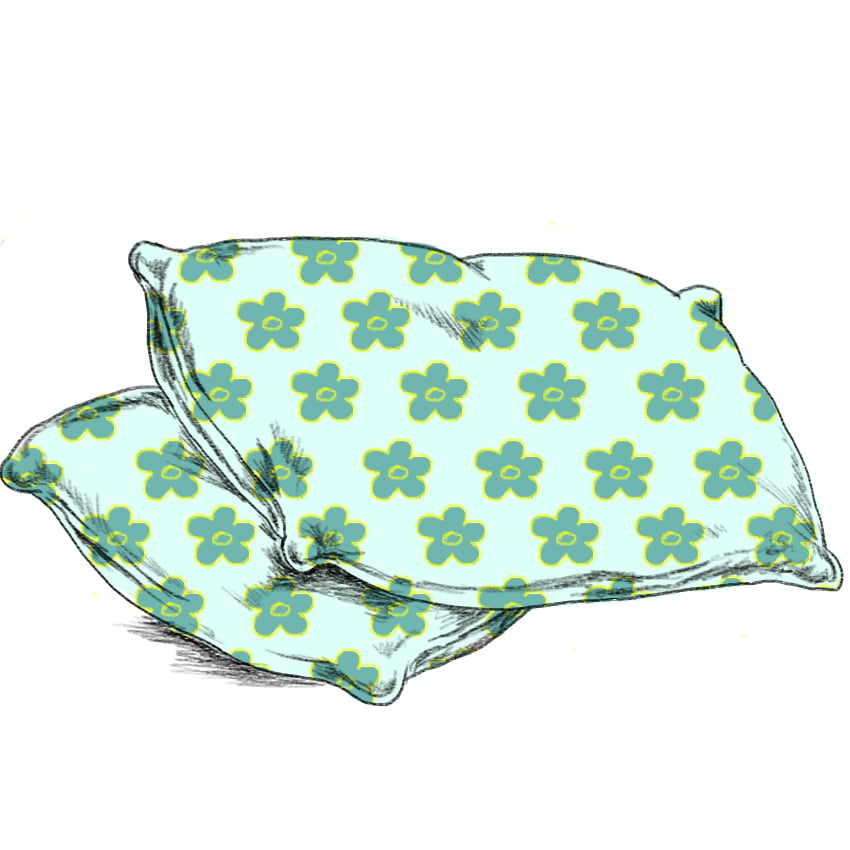
After two to three years of having a pillow, it's probably time to toss it in the trash.
Pillows are known to house dead skin cells and dust mites, which cause allergies.
Additionally, old pillows become misshapen and deformed, which can cause neck and back pain.
Replacing your pillows every few years will help keep your allergies and neck pain at bay.
Slippers: 6 Months
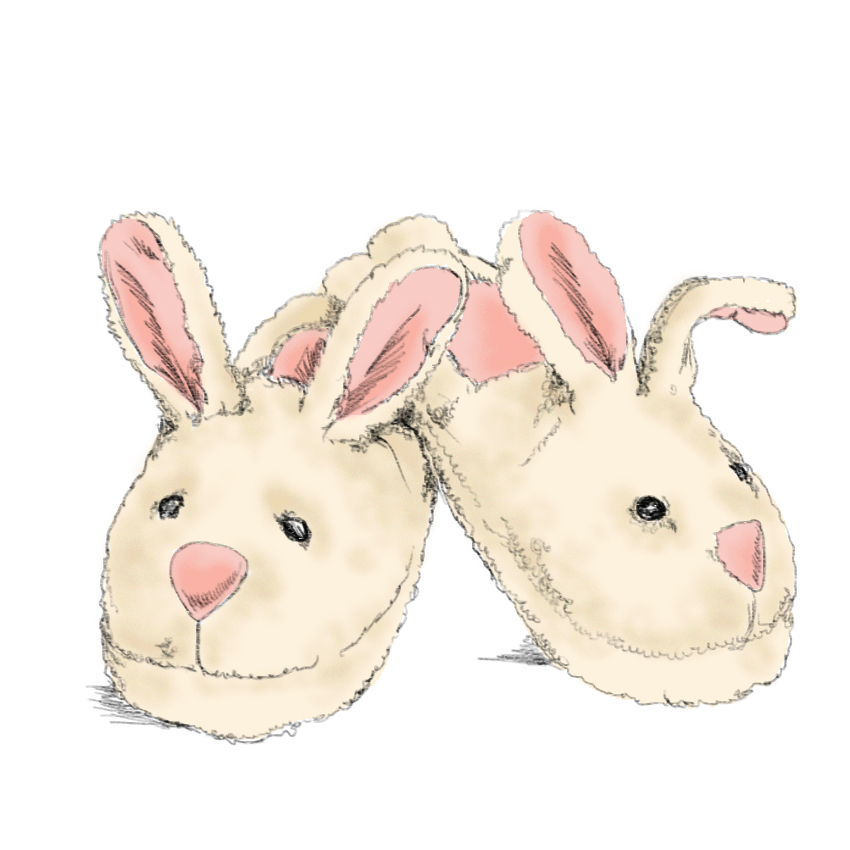
Many people hold onto their slippers for years at a time after finding a comfy pair, but you should actually replace them every six months or so.
Slippers, like socks, are usually soft and fuzzy. Unlike socks, though, they're rarely washed.
That means slippers can cause fungal infections and spread germs more easily than socks.
In addition to replacing them every six months, you should also make sure to wash your slippers regularly.
Sponges: 2 Weeks
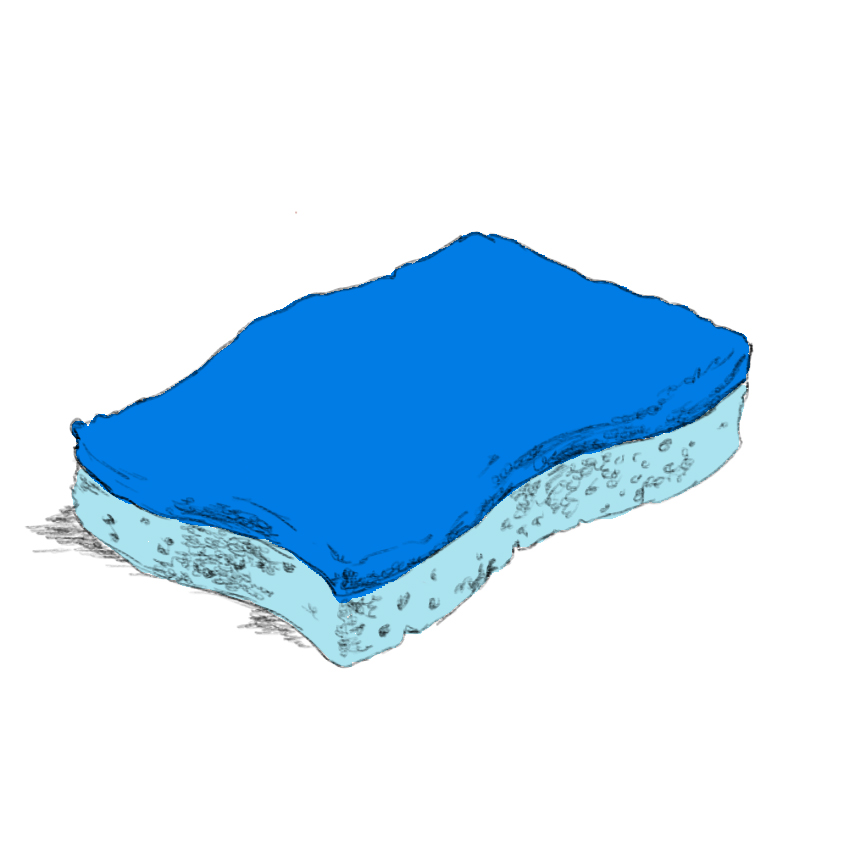
For many people, the best time to throw away a sponge seems to be when it starts falling apart.
But depending on how often you do dishes by hand, your sponge might last for months.
The thing about sponges, though, is that the moist water they hold onto make them the perfect breeding grounds for mold and fungus.
Instead of waiting for your sponge to disintegrate, replace it every two weeks.
Loofahs/Poufs: 6 Months
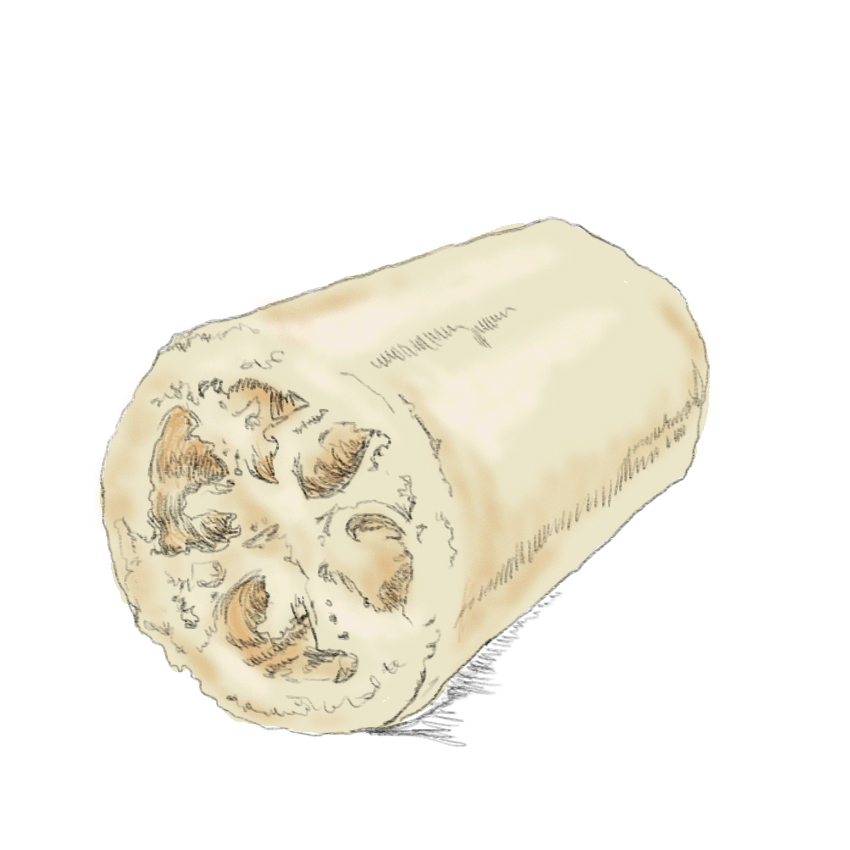
Like sponges, loofahs and shower poufs hold onto warm water for a long time, which makes them grow fungus and mold.
All this nastiness can lead to skin problems.
Many loofahs and poufs can be boiled to kill the germs, but you should still replace them every six months or so.
Towels: 1 To 3 Years
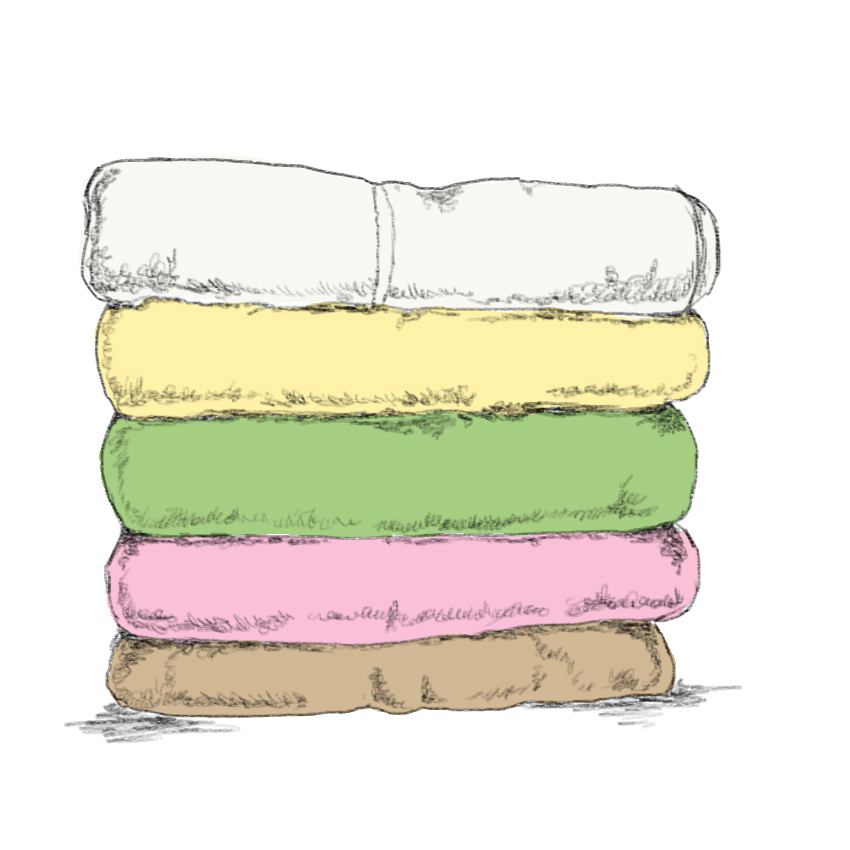
Again, because towels are made to absorb water, they too grow mold and fungus.
Because most people wash towels often, they can usually last one to three years or so.
Even washing towels in hot water and keeping them clean can't entirely eradicate germs, though, so make sure to replace your towels every few years.
Toothbrushes: 3 Months
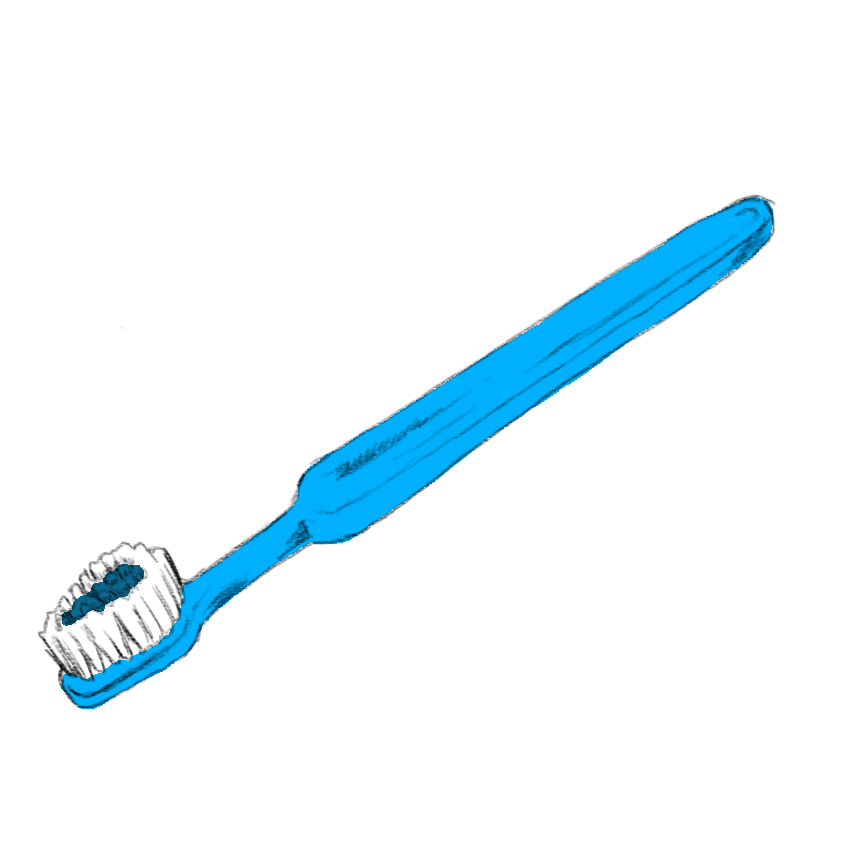
Dentists recommend you go in for a checkup about every six months, and they usually give you a new toothbrush during that visit.
But you should actually replace your toothbrush more than that.
Getting a new toothbrush every three months is ideal — but you should also replace your toothbrush any time the bristles get worn down, or after you've had a cold or flu.
Hydrogen Peroxide: 6 Months
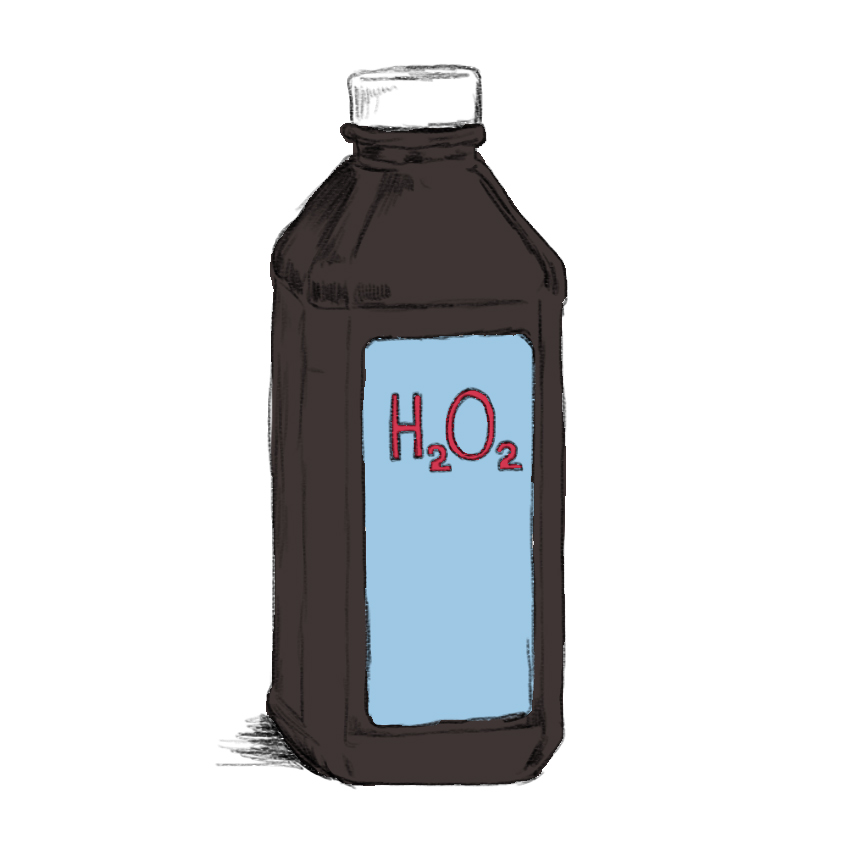
Hydrogen peroxide, which many people use for minor cuts and scrapes, is a chemical compound that is very unstable.
What that means is that over time, it breaks down into oxygen and water, making it no longer effective as a disinfectant.
Although hydrogen peroxide can last up to three years in a bottle before it's opened, it only has a shelf life of around six months once opened.
Hairbrushes: 1 Year
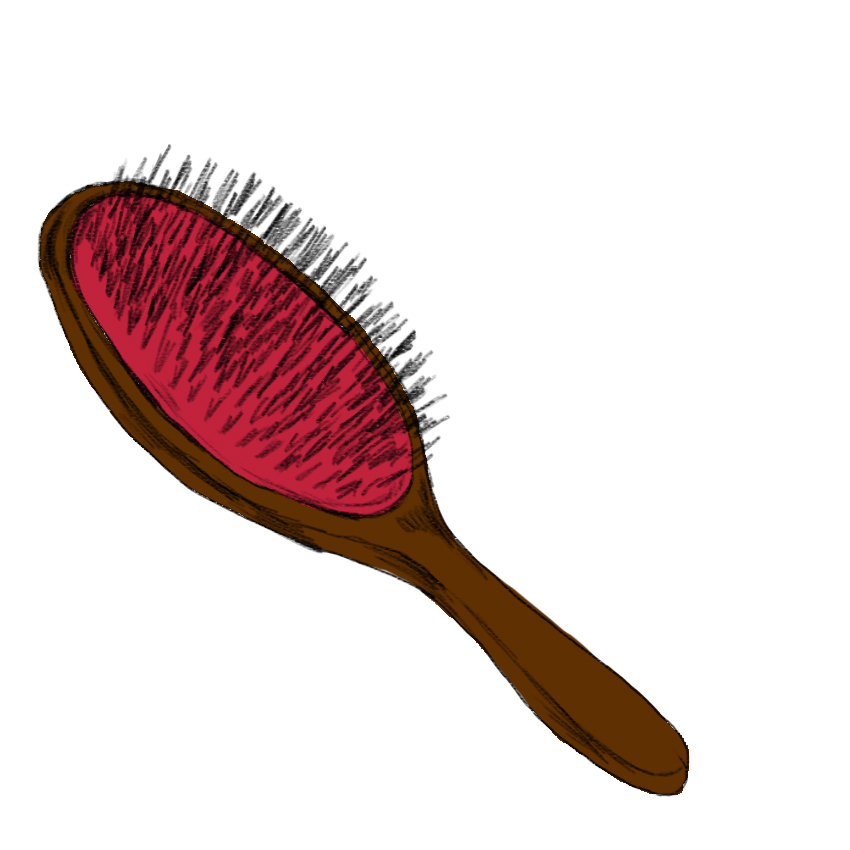
Once you find a hairbrush you love, you might want to hold onto it for years (I don't even know how long I've had mine).
Unfortunately, you are supposed to replace your brush every year — this will keep your hair and scalp healthier.
You should also make sure to clean your hairbrush once a week.
Perfume: 1 To 3 Years
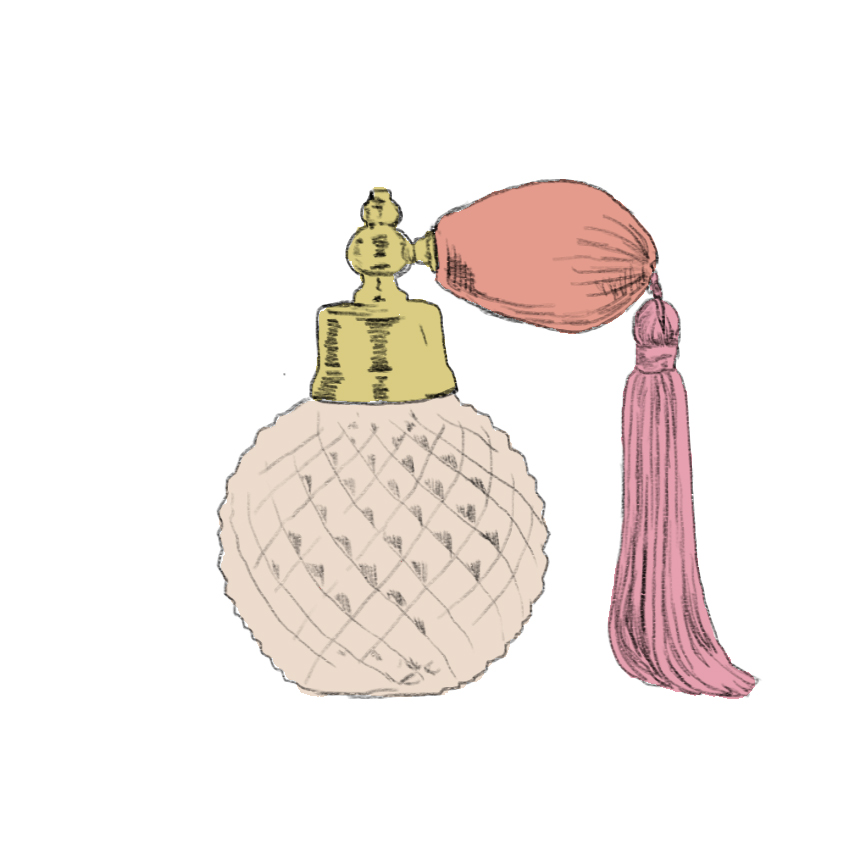
Perfume is one of those things that seems like it should last forever, mostly because you only use a tiny spritz of it at a time.
Even if it isn't totally gone, though, you should still replace your perfume every few years.
If you want to make your perfume last longer, store it in a cool, dark place.
But if the color or smell ever changes, consider it a sign that it's time to throw it in the trash.
Pacifiers: 2 Months
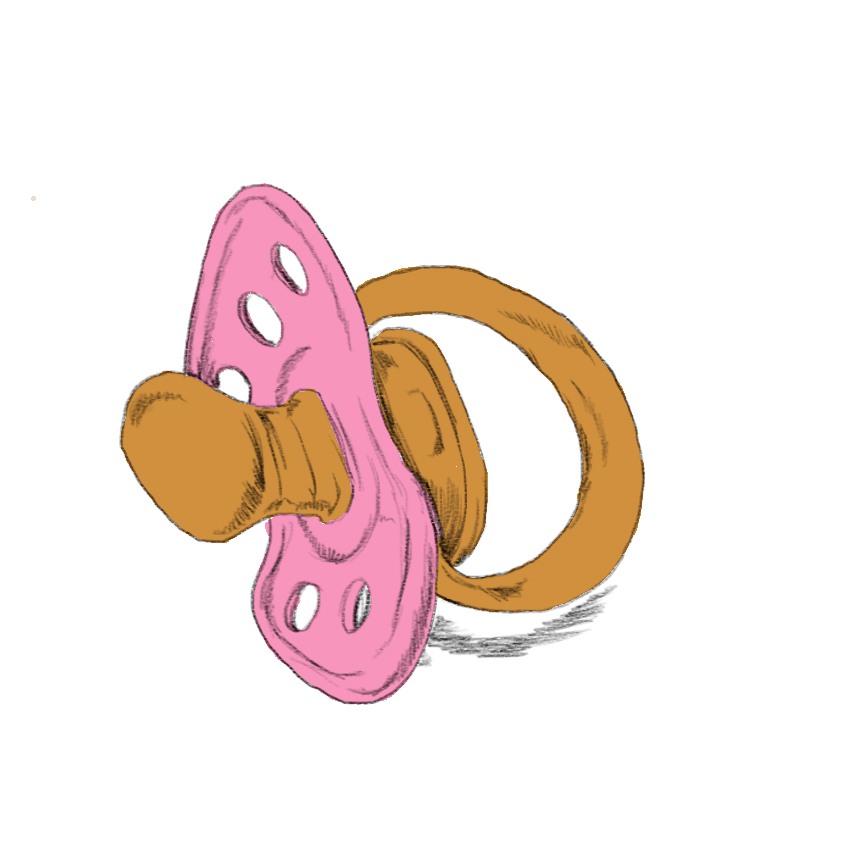
You should always replace pacifiers after two months for hygiene reason. However, there are also many times when you should actually replace your baby's pacifier before the two months are up.
You should throw it away any time you notice a crack or break in the pacifier, especially if it's latex.
If your baby is teething, check the pacifier whenever they use it — some of them break more easily than you might expect.
Car Seats: 5 To 6 Years
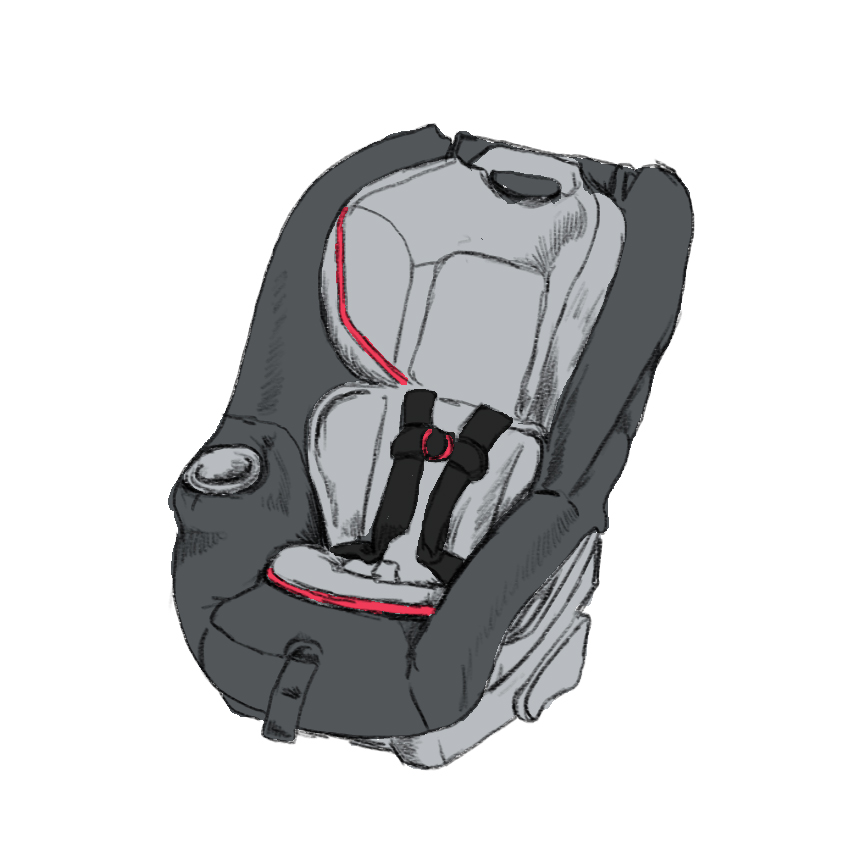
Many parents don't realize that car seats have expiration dates. It's important to note that they do, in fact, expire over time.
Usually, the car seat will expire five to six years after it's manufactured. Even if you don't notice anything wrong with the car seat after that time, you should still replace it.
The shell of the car seat may start to degrade in ways you can't see, so to keep your child safe you should always check when exactly your car seat expires.
Bras: 1 To 2 Years
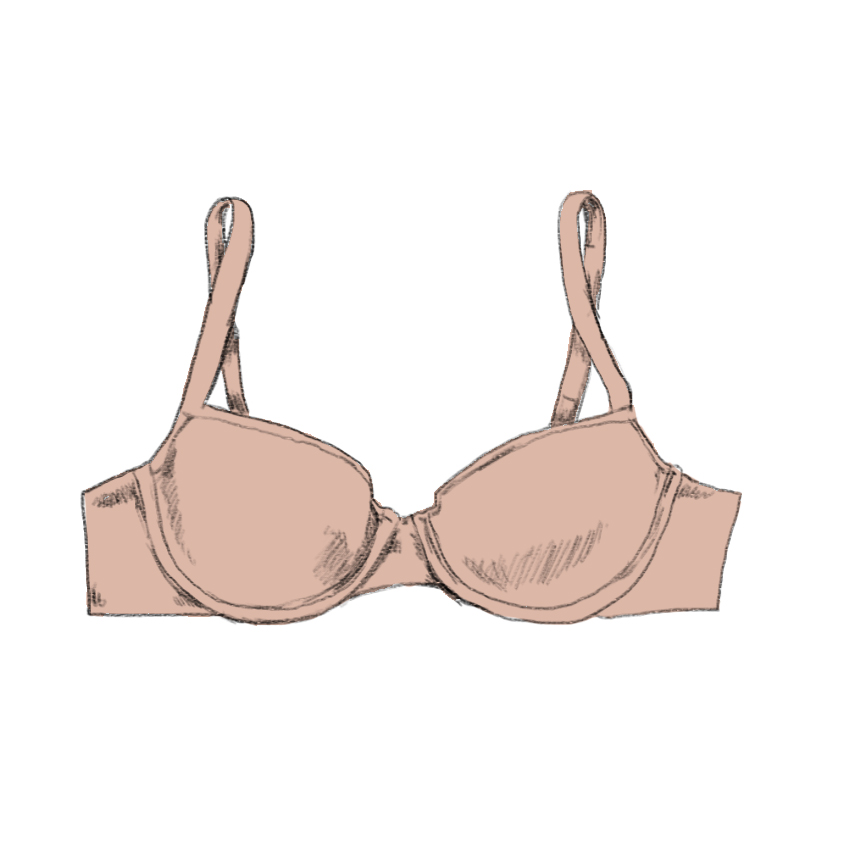
It's embarrassing to talk about, but a lot of us keep bras around for years and years.
If you find the perfect bra, you never want to say goodbye to it, even if it gets a little misshapen or smells a little funky.
Any time your bra starts to lose its shape, gets uncomfortable, or stretches out (usually this is around the one to two year mark), it's time to toss it.
Running Shoes: 2 Year
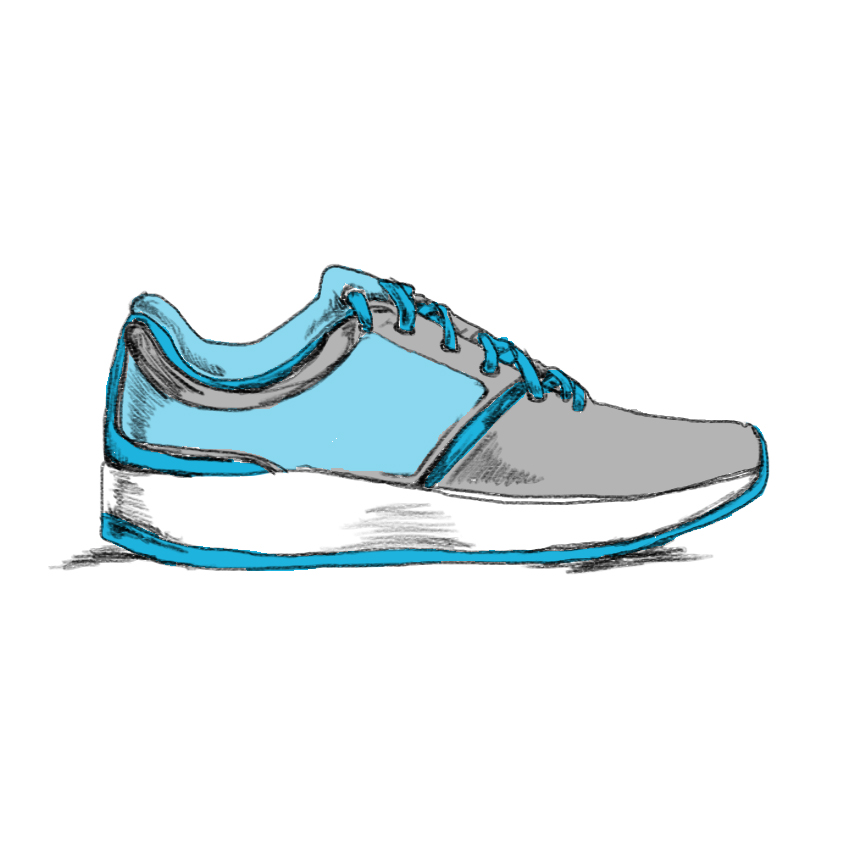
Even if you don't consider yourself a very active person, you should still replace your running shoes every year.
After 250 to 300 miles of walking or running, your shoes will start to lose their cushioning, which can make your joints hurt.
If you do exercise a lot, don't wait a full year to replace your shoes — keep track of your mileage and replace the sneakers when you hit 300 or so.
Spices: 1 To 3 Years
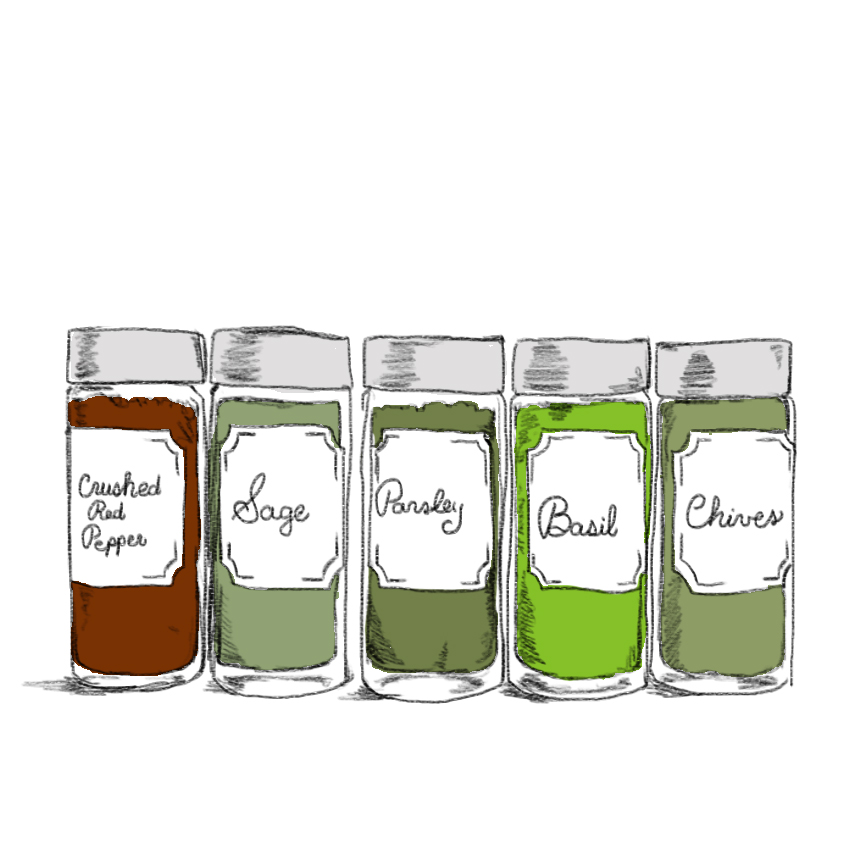
Lots of people think that spices last forever — and while they may not technically go bad after a few years, they will start to lose their flavor and potency.
The whole point of using spices is to accentuate your food, so if they lose their smell and flavor, they're not doing your cooking any good.
Flour: 6 To 12 Months
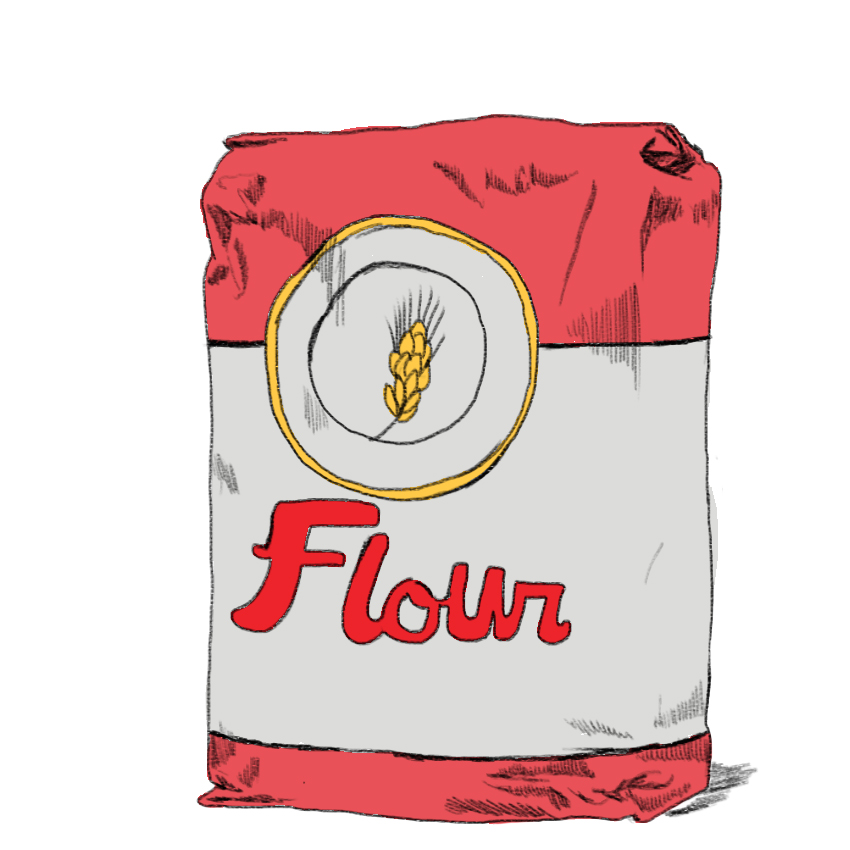
A lot of people are under the impression that because flour is a dry product, it basically lasts forever. This isn't true.
Depending on the type of flour you buy, it only has a life span of six months to one year.
Avid bakers will probably go through a bag of flour much faster than that. If you find that you've had a bag of flour around for years and are wondering if it's OK to use, you should just buy a new bag.
Fire Extinguishers: 15 Years
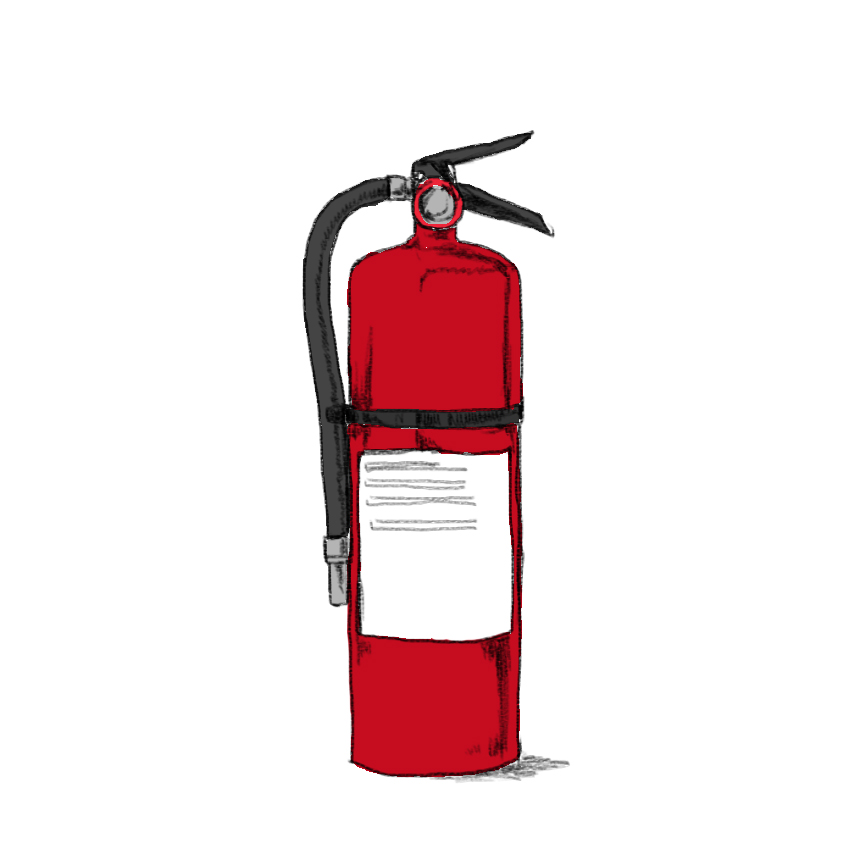
Most of us don't think about our household fire extinguishers very often, but you should make sure you know when yours was last replaced.
In addition to replacing your fire extinguisher every 15 years, you should check it regularly to make sure there are no cracks or holes in the pipe. If there are, you should have it serviced ASAP.
It's easy to put your fire extinguisher in a cabinet and forget about it, but this is one thing where it's definitely better to be safe than sorry.
Power Strips: 1 To 2 Years
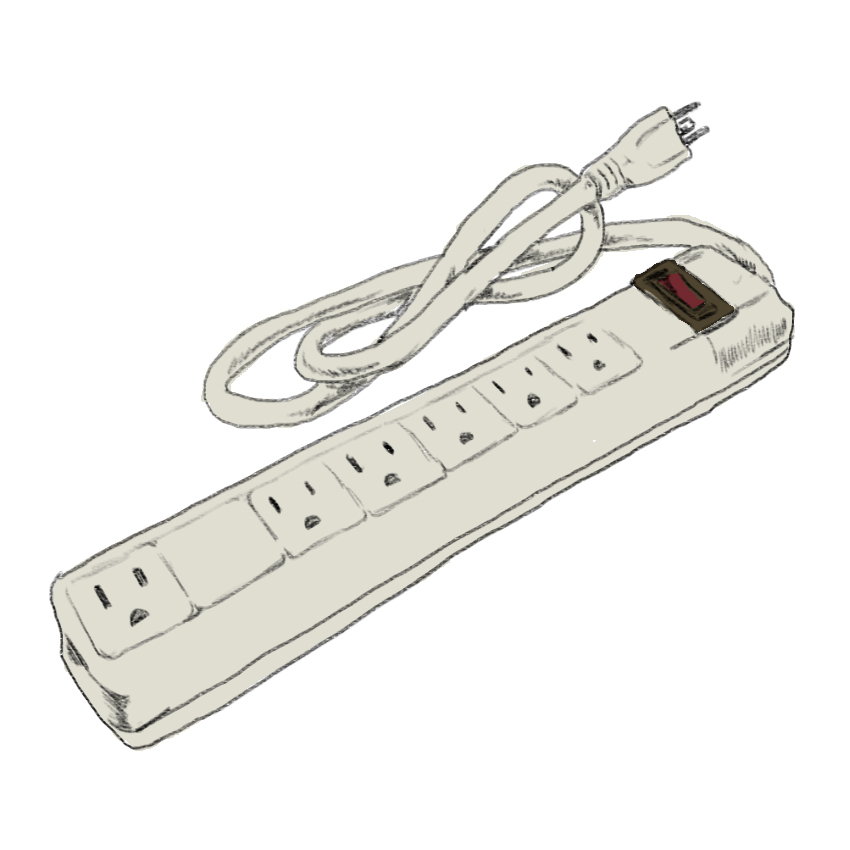
Power strips and surge protectors should be replaced every couple of years.
Why? Because they only have a certain capacity, and if you exceed that it can cause a lot of problems with your electricity.
You should also keep an eye on the cord of your power strip. These often get shoved under furniture and behind cabinets, so make sure the cord isn't damaged at all before using it.
Disinfectants: 3 Months
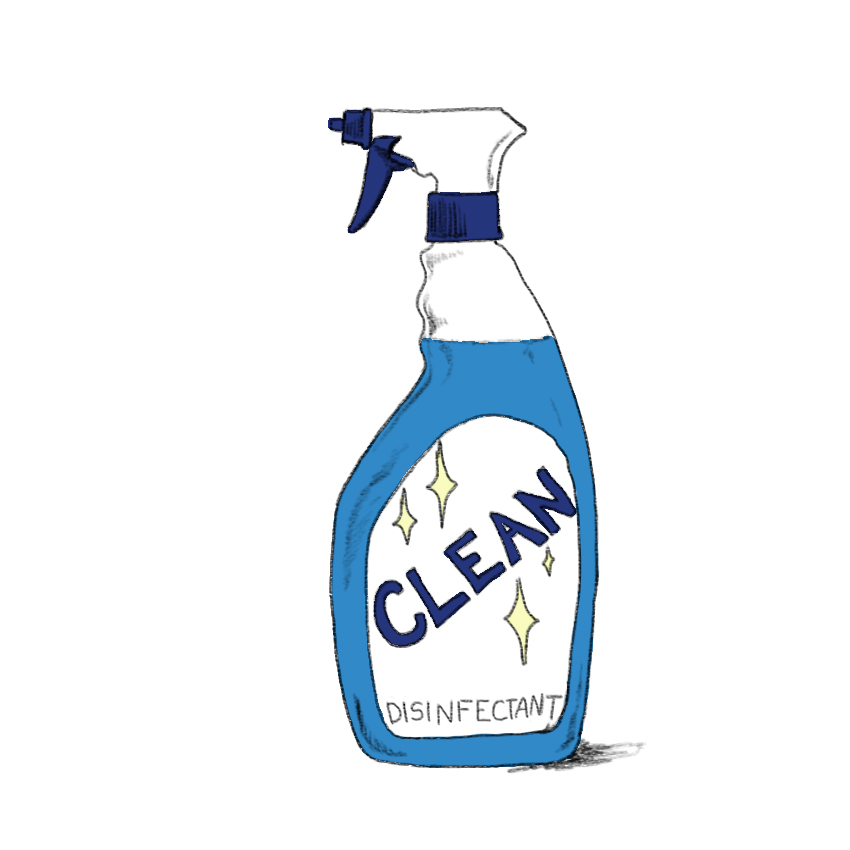
After about three months, disinfectants start becoming less effective.
There's no point in cleaning with a disinfectant that only sort of disinfects, so instead of just spraying it and hoping for the best, head to the store and get yourself an effective disinfectant.
Bug Spray: 2 Years
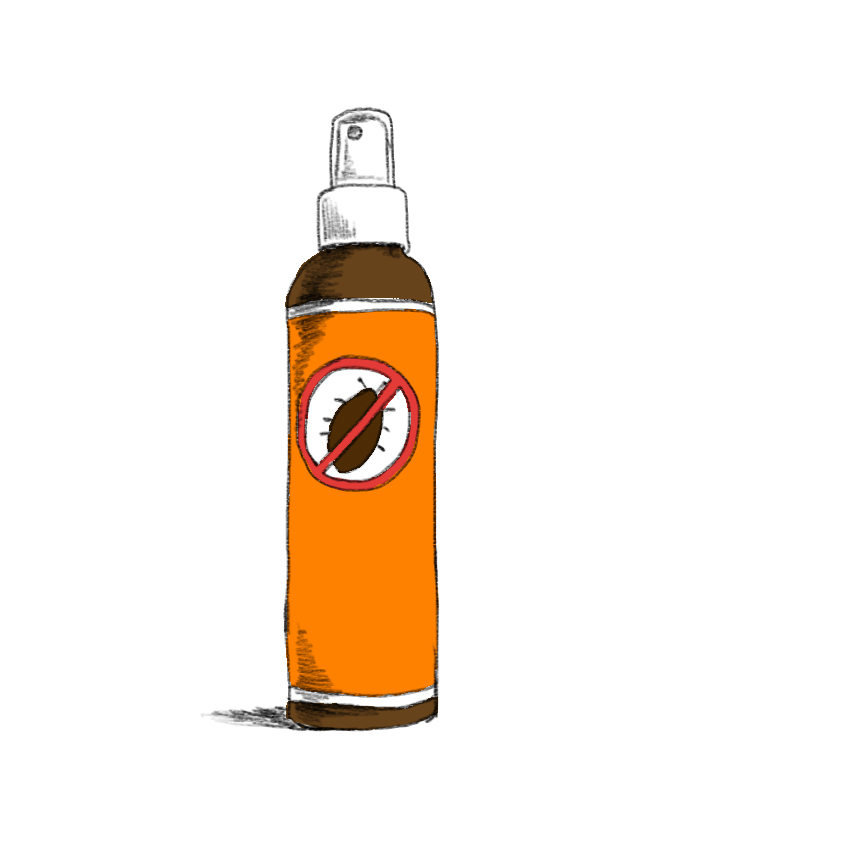
Like sunscreen, bug spray (the kind you put on your body, not the kind you spray around your home) is a seasonal item: most of us only use it during the summer months.
Because most people use bug spray rather infrequently, we often keep it around until it totally runs out; you should actually replace it every two years, though.
After about two years, bug spray/mosquito repellent loses its potency, which means it won't ward off bugs anymore (making it completely useless).
If you think everyone should know when to replace items around their house, please SHARE this article on Facebook!




